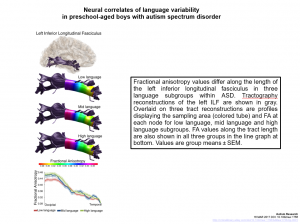A new study from researchers at the University of Kansas finds that children who experience informal mentorship from a non-kin adult are less likely to engage in risky behaviors such as physical fighting, shoplifting, and lying. The positive effects of these mentoring relationships were particularly noteworthy when teens were made to feel that they were important and appreciated. According to researchers, participants of the study indicated closeness, a sense of belonging, and an ongoing feeling of importance as the key factors of a successful mentor relationship. The study also indicated that when teens are able to continuously maintain these non-kin mentors, especially if the mentor is a teacher, they are less likely to get in trouble.
The results from this study may be particularly important for organizations that work with children by providing them with a designated mentor: the type of relationship that a child forms with a mentor is just as important as the existence of the relationship itself. The study also found that starting these relationships early in a child’s life is important. Encouraging children to develop relationships with teachers and other community members can go a long way in helping to reduce delinquency in adolescents.
Read the Science Daily article
Read the full scientific article in Children and Youth Services Review


